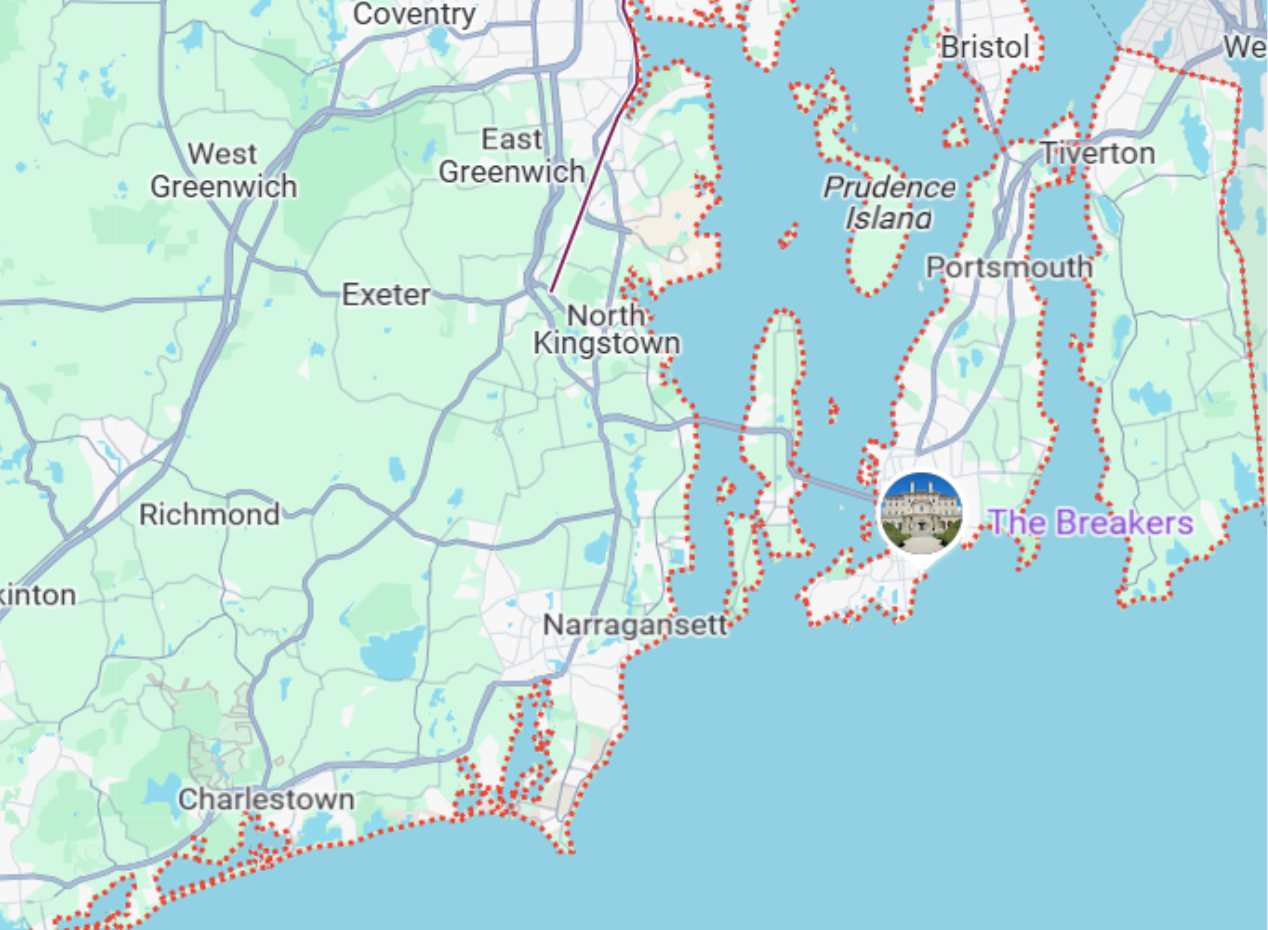Website ADA Compliance in Rhode Island
Prioritizing ADA compliance in Rhode Island is not just about avoiding legal risks. It is about creating an inclusive digital presence that values every user and elevates your business reputation. Make accessibility your business advantage today.

Rhode Island ADA Requirements
Rhode Island has implemented policies and guidelines to guarantee website accessibility for people with disabilities, aligning with federal standards like the Americans with Disabilities Act (ADA) and the Web Content Accessibility Guidelines (WCAG).
Accessibility solutions near you in Rhode Island help you meet compliance with state laws and support better digital experiences for all users.
Americans with Disabilities Act
The ADA is a key civil rights law that helps protect people from being treated unfairly because of their disabilities. It's split into five parts, with Title III being important for private businesses that serve the public.
Even though the law does not define exact technical rules, a lot of organizations look to the WCAG as the standard for making sure websites are accessible. More and more, legal decisions and federal guidelines treat websites that are not easy to use as a type of discrimination.
Because of this, businesses are encouraged to create accessible websites. This not only helps people with disabilities but also cuts down on legal risks, attracts a larger audience, and keeps up with best practices for being inclusive and user-friendly.
In Rhode Island, the Governor’s Commission on Disabilities, or GCD is an official state resource that helps businesses align with ADA requirements. GCD also gives advice on making facilities user-friendly, providing digital accessibility, and putting policies into action, all of which help make things easier for people with disabilities.
Rhode Island Accessibility and Usability Policy
The Accessibility and Usability Policy for Rhode Island makes sure that all state websites are easy to use for people with disabilities, like those who may have hearing, vision, or other challenges. This policy is all about giving everyone equal access to online public info and follows the guidelines created by the World Wide Web Consortium or W3C for short.
The Office of Library and Information Services, working together with RI.gov, takes care of putting these basic standards into action and making sure everyone sticks to them.
Entities and Digital Resources Covered
This policy applies to all Rhode Island state government departments, agencies, committees, and public-facing digital platforms. It governs content published on official state websites and mandates accessibility for all online materials, including:
- Web pages
- Portable Document Format (PDF) files
- Metadata (meta tags)
- Multimedia content
- Search engine tools
- Statewide navigational elements
It's a good idea for businesses to get on board with this policy since it makes digital content easy for everyone to access. Following W3C standards makes websites easier to navigate for users with disabilities. And it also helps those who are not disabled but might have a tough time, like when they are on mobile devices, dealing with slow internet, or trying to read.
By meeting these standards, businesses not only foster inclusion but also expand their reach, improve user experience, and demonstrate social responsibility—factors that build customer trust and reduce legal risk.
Key Specific Requirements
Several mandatory requirements are outlined in the policy to guarantee compliance:
- Accessibility Compliance: Websites must meet all W3C Priority 1 Checkpoints to provide compatibility with assistive technologies.
Consequences of Noncompliance
Lawsuits tied to accessibility oversights can drain your resources and force unexpected interruptions in your daily operations. Courts may mandate complex and expensive website adjustments that could alter your site’s design and user flow.
Beyond legal and technical setbacks, ignoring accessibility sends a negative message to visitors, eroding customer trust and loyalty.
How To Ensure Your Website Complies With Rhode Island Accessibility Policies
Implementing the following techniques can help you build a more accessible and compliant website:
- Maintain Responsive Design: Use flexible grids, scalable images, and CSS media queries to ensure the website adapts to all screen sizes. This provides better access for users with disabilities who rely on mobile devices.
- Conduct Accessibility Audits: Regular accessibility audits help identify and fix barriers across all types of digital content. This includes reviewing websites, multimedia, and documents like PDFs. Techniques such as restructuring content and applying proper tags are key to making digital assets usable by assistive technologies and compliant with accessibility standards.
Comprehensive site audits, flawless accessibility repairs, automated document remediation, and tailored training. Be Accessible delivers a full spectrum of accessibility solutions designed to elevate and future-proof your business.
Be Accessible Increases Digital Accessibility Every Day
We serve a wide range of industries from restaurants to tech companies to financial institutions and everything in between.
Contact Us
You're one step closer to ADA compliance.
Fields marked with * are required.